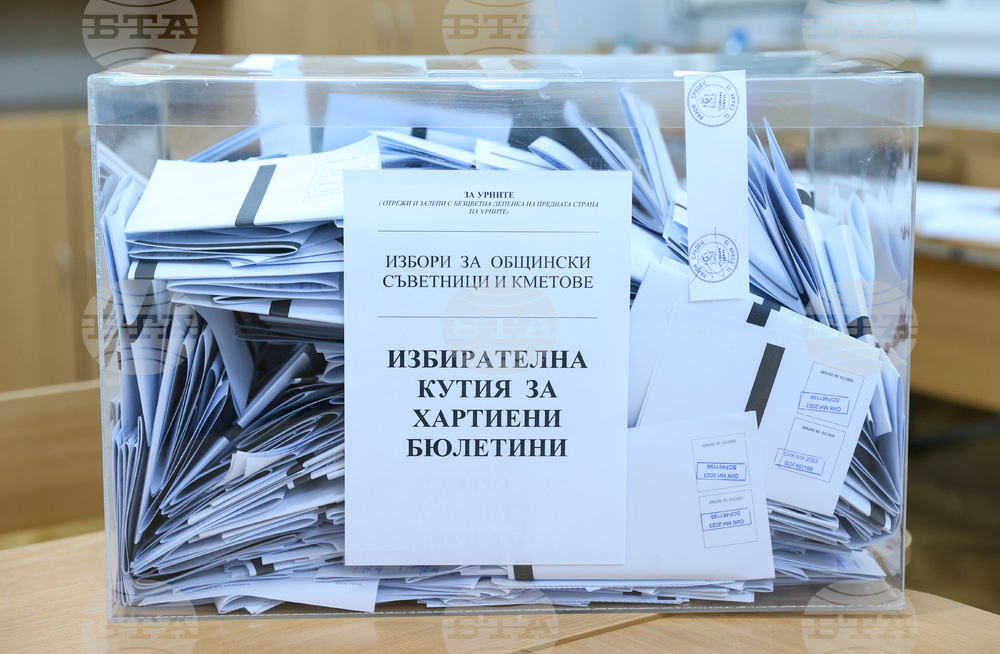Local elections 2023
![Over 15% of Votes for Municipal Councillors Are Invalid, Report Shows]()
![Over 15% of Votes for Municipal Councillors Are Invalid, Report Shows]() BTA Photo
BTA Photo
site.btaOver 15% of Votes for Municipal Councillors Are Invalid, Report Shows


The share of invalid votes for municipal councillors is 15.46%, the Institute for Public Environment Development (IPED) reported on Tuesday, two days after the first round of local elections on October 29
/MT/
news.modal.header
news.modal.text